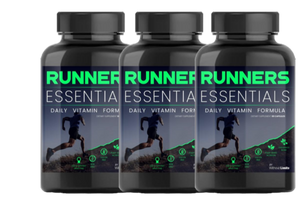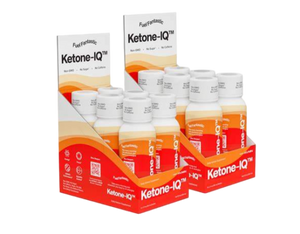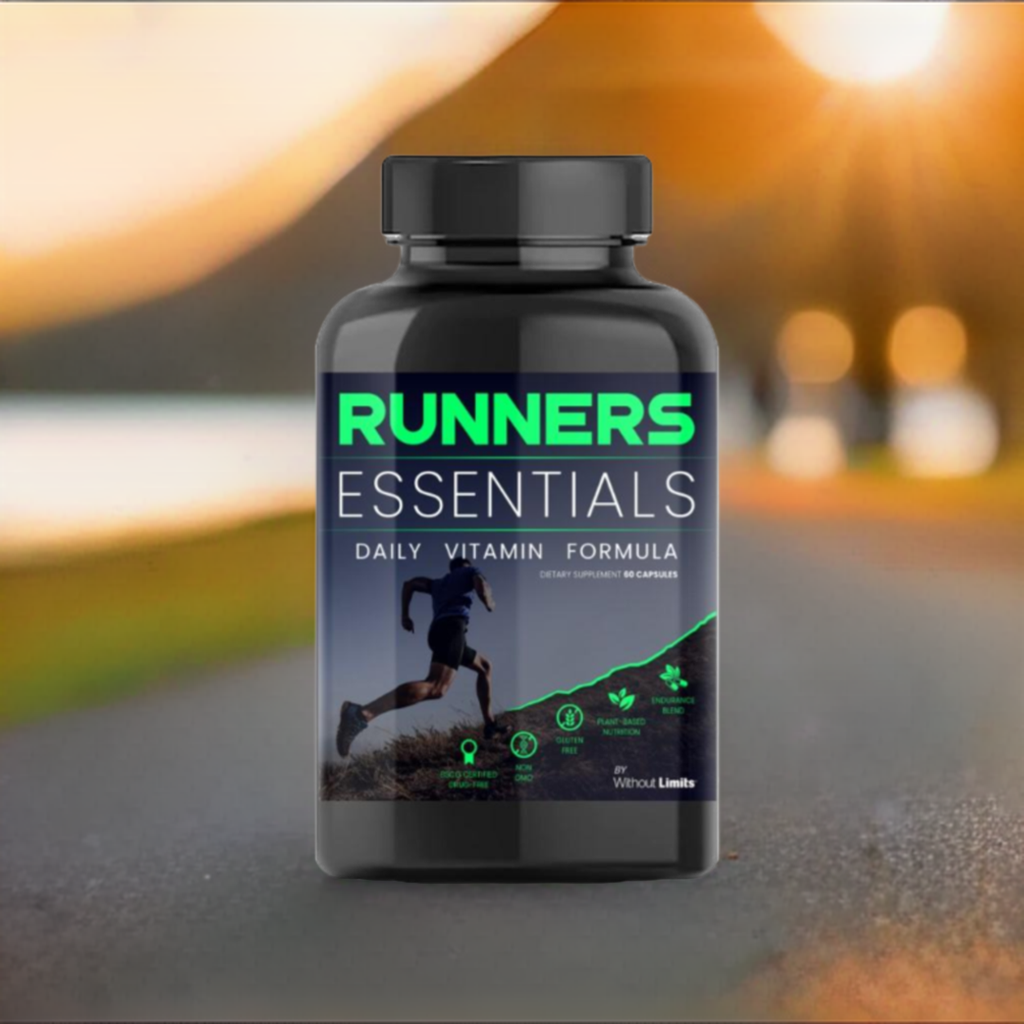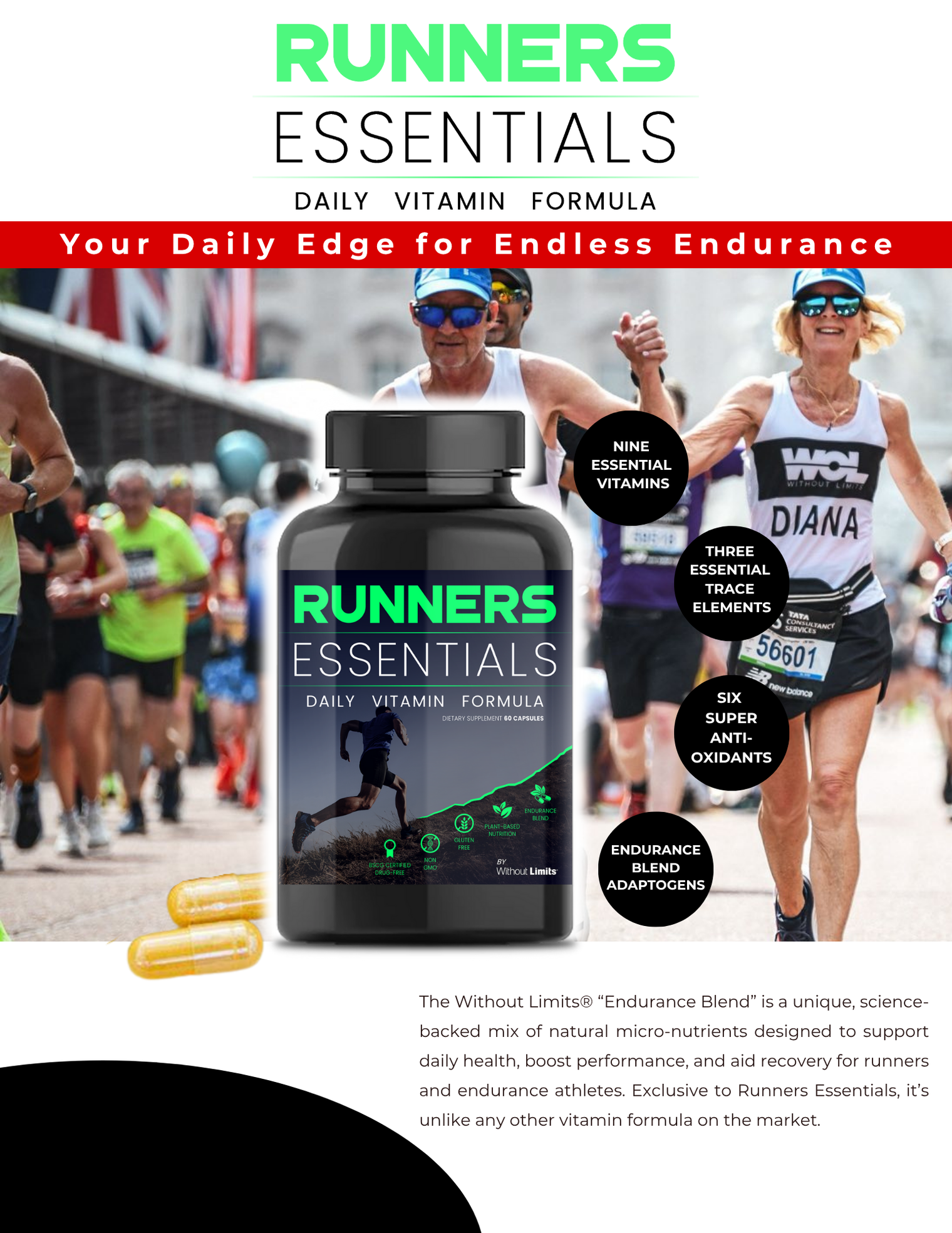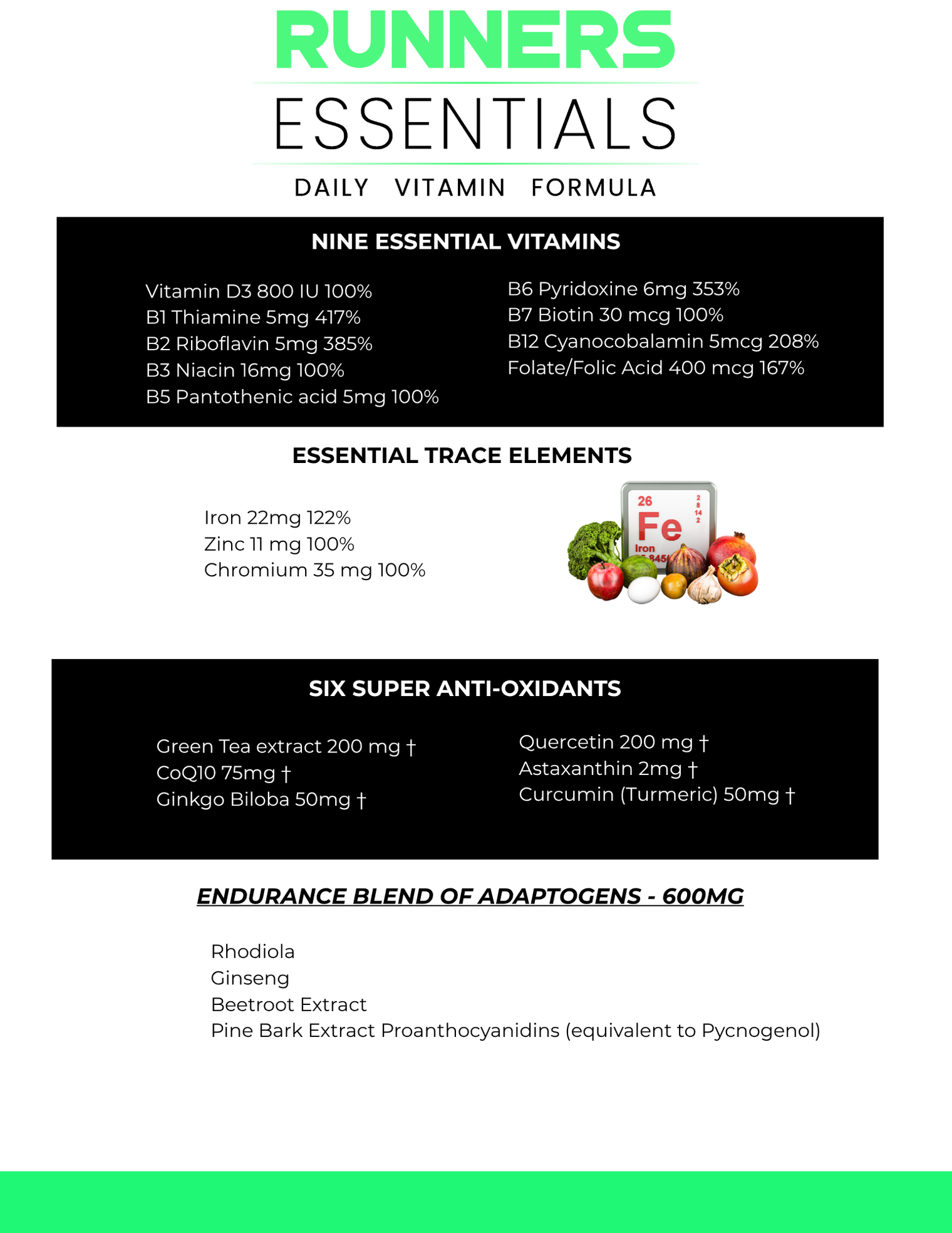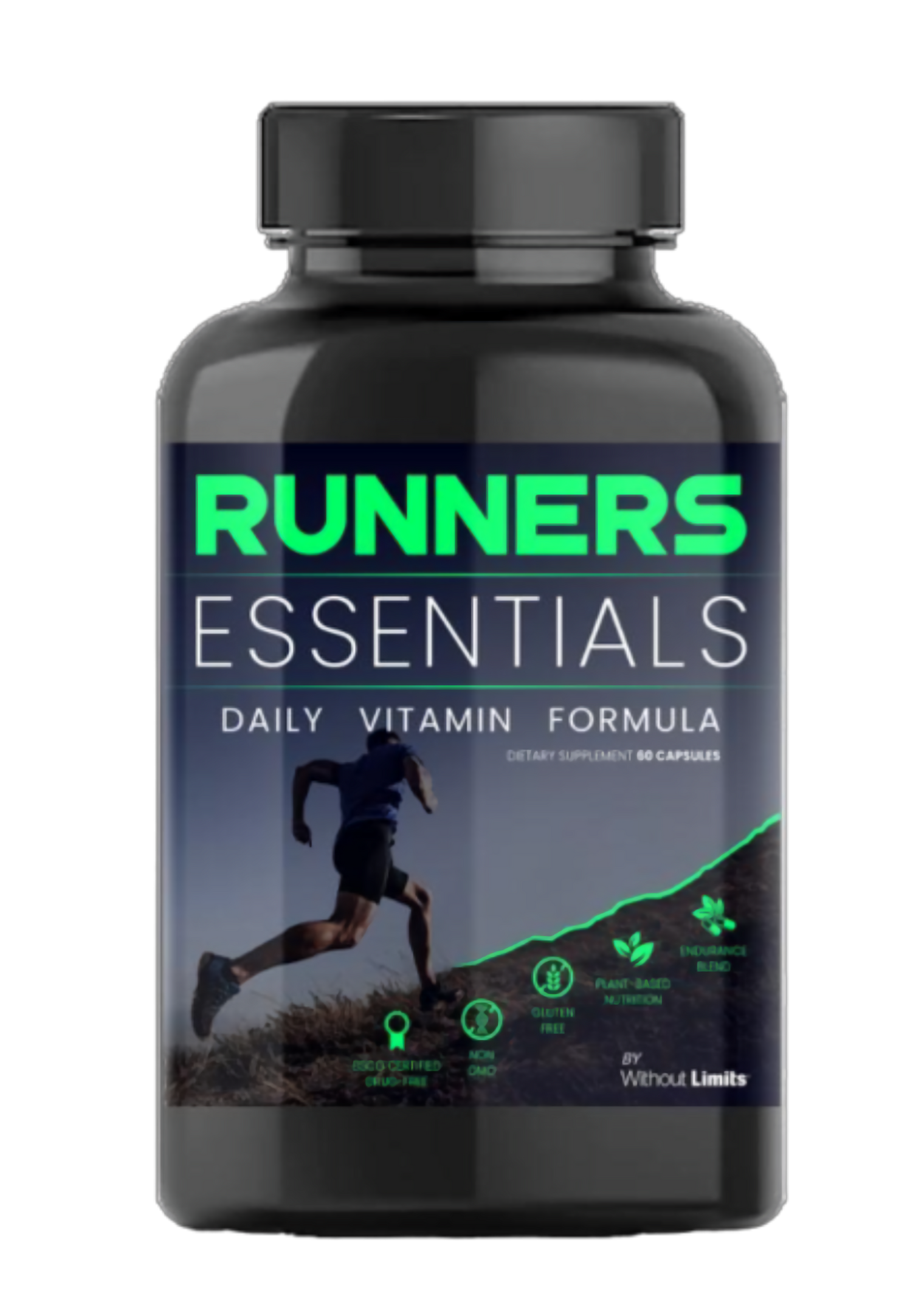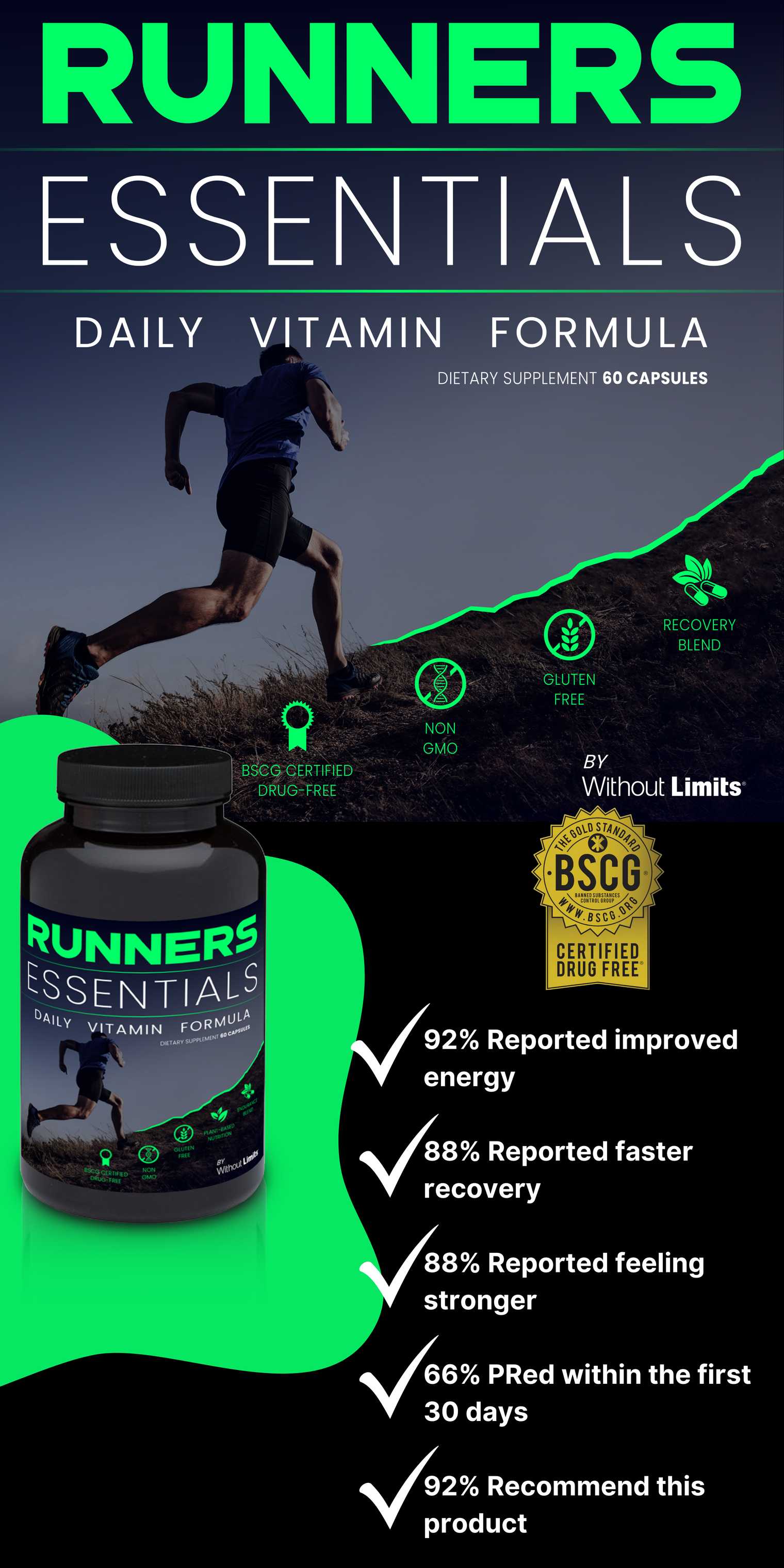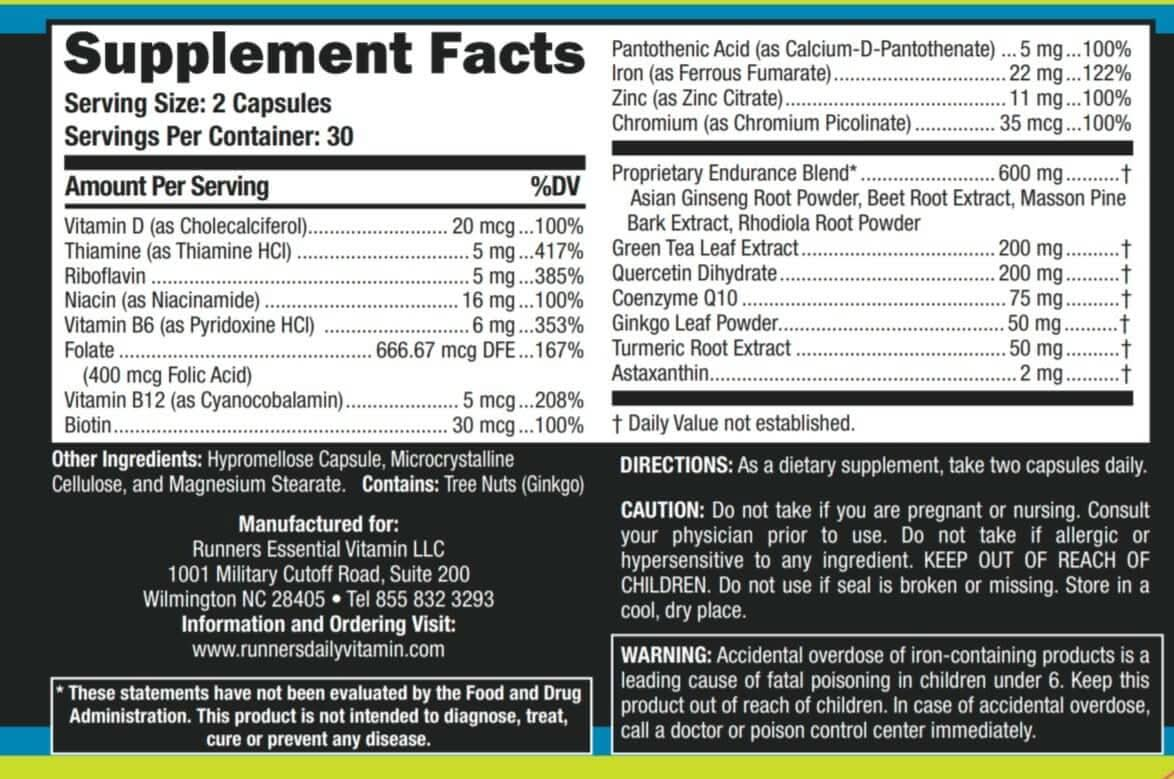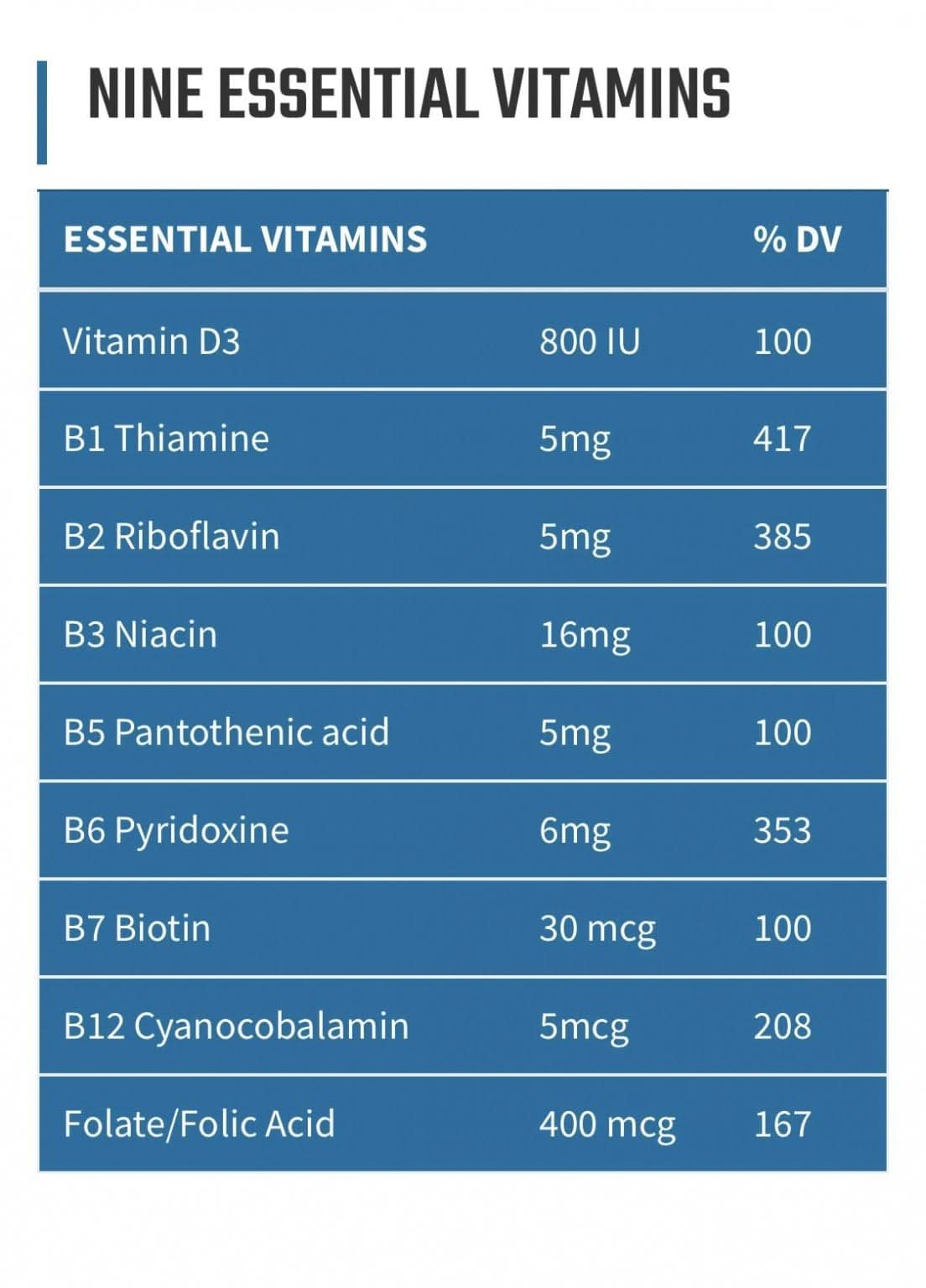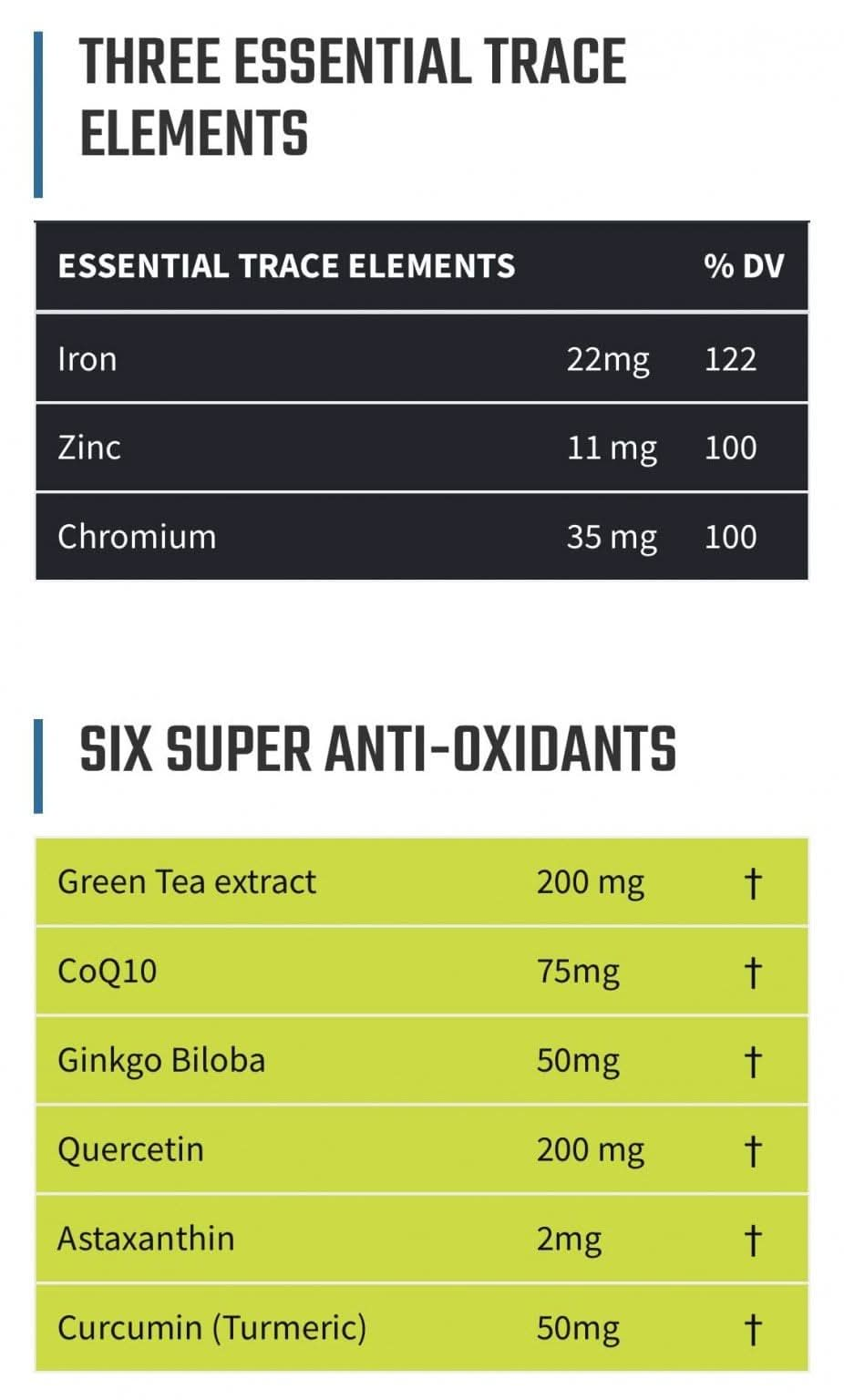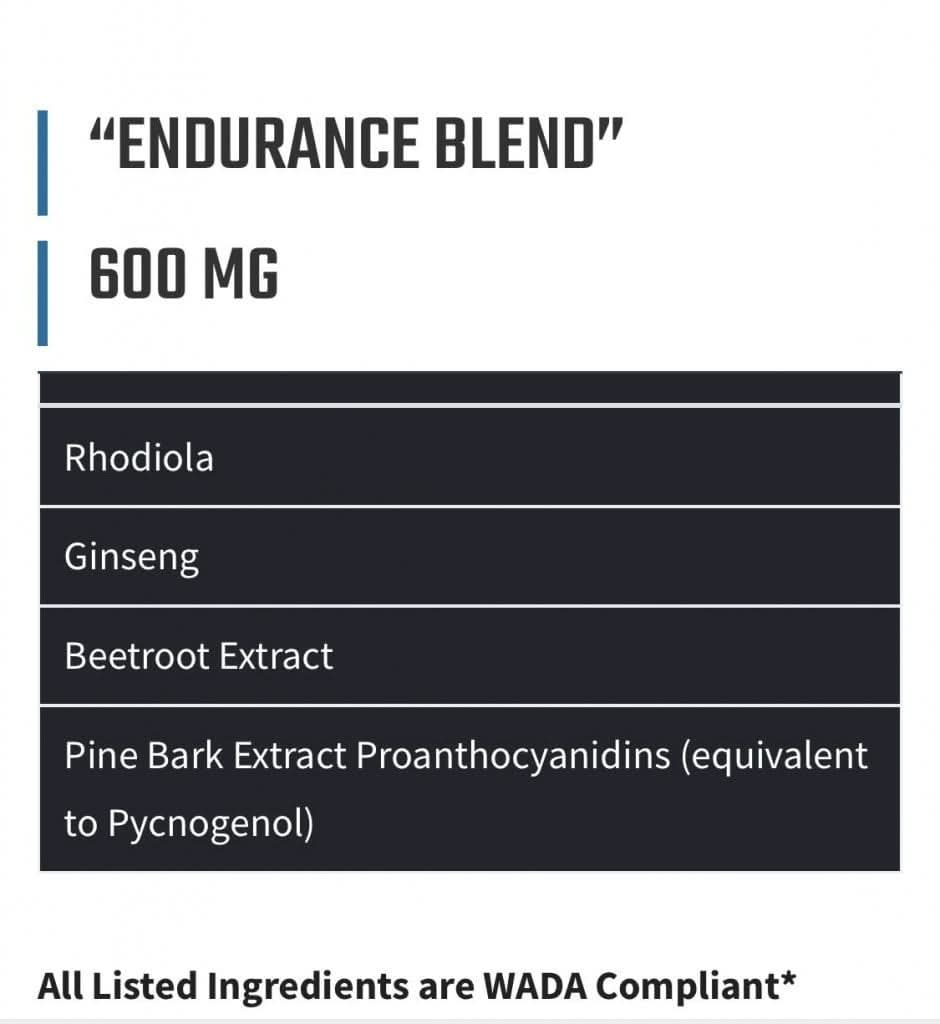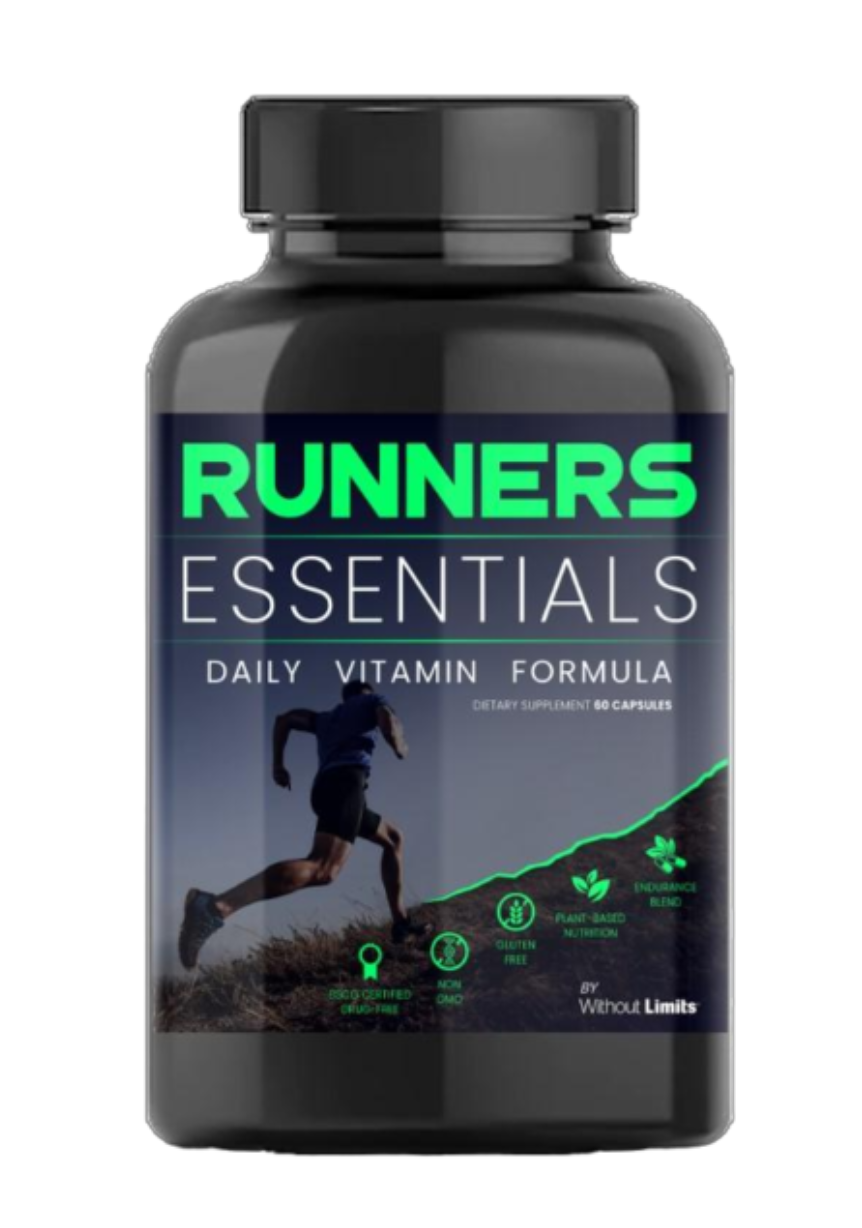Suboptimal recovery represents the primary limiting factor in endurance performance progression among distance runners. While training load management and sleep optimization receive considerable attention, nutritional recovery strategies remain systematically underutilized. Research demonstrates that specific nutrient timing, dosage, and combination protocols can significantly accelerate physiological adaptation and reduce exercise-induced stress markers.
The failure to implement evidence-based nutritional recovery protocols results in prolonged inflammatory responses, delayed glycogen resynthesis, impaired muscle protein synthesis, and elevated oxidative stress. Elite athletes consistently demonstrate superior recovery metrics not through genetic advantages alone, but through precise implementation of targeted nutritional interventions.
Carbohydrate: Glycogen Resynthesis Optimization
Carbohydrate intake represents the most critical variable in post-exercise recovery for endurance athletes. Glycogen depletion following prolonged exercise creates a metabolic deficit that compromises subsequent training quality and adaptation signaling.
A study to examine post-exercise glycogen resynthesis rates in trained cyclists investigated the effects of immediate versus delayed carbohydrate consumption. Subjects consuming 1.2 g/kg body weight of glucose immediately post-exercise demonstrated 300% faster glycogen resynthesis rates compared to those delaying intake by two hours. Muscle biopsy analysis revealed significantly elevated glycogen synthase activity in the immediate consumption group.
Conclusion: Immediate post-exercise carbohydrate consumption optimizes glycogen resynthesis through enhanced enzymatic activity.
Research to determine optimal carbohydrate dosing protocols examined glycogen storage capacity in endurance-trained athletes. Participants consuming 8-12 g/kg body weight daily achieved maximal glycogen storage within 24 hours post-exercise, while those consuming 5-7 g/kg required 48-72 hours for complete restoration. Muscle glycogen concentrations measured via magnetic resonance spectroscopy confirmed dose-dependent responses.
Conclusion: Carbohydrate intake exceeding 8 g/kg body weight daily accelerates complete glycogen restoration.
A study to investigate carbohydrate type on recovery outcomes compared high glycemic index versus low glycemic index carbohydrate sources in marathon runners. High glycemic index carbohydrates (glucose, maltodextrin) produced superior glycogen resynthesis rates and reduced perceived exertion scores in subsequent training sessions compared to low glycemic alternatives.
Conclusion: High glycemic index carbohydrates demonstrate superior efficacy for post-exercise glycogen restoration.
Protein: Muscle Protein Synthesis Enhancement
Protein consumption following endurance exercise stimulates muscle protein synthesis and facilitates exercise-induced adaptations. The amino acid profile and timing of protein intake significantly influence recovery outcomes.
A study to examine leucine threshold requirements for muscle protein synthesis activation in endurance athletes demonstrated that 2.5 g of leucine maximally stimulated anabolic signaling pathways. This threshold corresponded to approximately 20-25 g of high-quality protein consumption post-exercise.
Conclusion: Leucine intake of 2.5 g optimally activates muscle protein synthesis in trained endurance athletes.
Research to determine protein-carbohydrate interaction effects investigated combined versus isolated macronutrient consumption in cyclists. Subjects consuming 20 g whey protein with 80 g carbohydrate demonstrated enhanced glycogen storage and reduced muscle damage markers compared to carbohydrate-only consumption. Creatine kinase levels remained 40% lower in the combination group at 24 hours post-exercise.
Conclusion: Combined protein-carbohydrate consumption enhances both glycogen storage and muscle damage recovery.

A study to investigate casein versus whey protein effects on overnight recovery examined amino acid release kinetics in distance runners. Casein consumption before sleep produced sustained amino acid elevation for 8 hours, while whey protein peaked within 2 hours. Next-morning muscle protein synthesis rates remained elevated 25% higher in the casein group.
Conclusion: Casein protein consumption optimizes overnight muscle protein synthesis through sustained amino acid release.
Electrolytes: Fluid Balance and Cellular Function Restoration
Electrolyte replacement following exercise-induced losses maintains cellular function and supports cardiovascular recovery. Sodium, potassium, and magnesium represent the primary electrolytes requiring targeted replacement strategies.
A study to examine sodium replacement requirements in marathon runners measured sweat sodium concentrations and subsequent replacement needs. Athletes losing >700 mg sodium per hour required aggressive replacement protocols (1.2-1.5 g sodium per liter of fluid) to restore plasma sodium levels within 4 hours post-exercise.
Conclusion: Sodium replacement must match individual sweat losses to optimize fluid balance restoration.
Research to determine magnesium status effects on recovery outcomes investigated supplementation in endurance-trained athletes. Participants receiving 400 mg elemental magnesium daily demonstrated reduced inflammatory markers (IL-6, TNF-α) and improved heart rate variability compared to placebo groups. Serum magnesium levels correlated inversely with recovery time requirements.
Conclusion: Magnesium supplementation at 400 mg daily enhances anti-inflammatory responses and autonomic recovery.
A study to investigate potassium replacement strategies examined cellular function restoration in dehydrated runners. Immediate post-exercise potassium consumption (600 mg) combined with sodium and glucose accelerated cellular rehydration and reduced cramping incidence by 60% compared to sodium-glucose solutions alone.
Conclusion: Potassium replacement enhances cellular rehydration efficiency and reduces exercise-associated cramping.
Runners Essentials Daily Vitamin Formula: Multi-Pathway Recovery Integration
The Runners Essentials Daily Vitamin Formula constitutes a proprietary, physician- and elite athlete-formulated micronutrient, antioxidant, and phytonutrient complex engineered for endurance training demands. The formulation targets concurrent recovery domains including micronutrient repletion, oxidative and inflammatory stress modulation, mitochondrial efficiency, and connective tissue support in a once-daily protocol. The product maintains ingredients that are WADA compliant with non-GMO and gluten-free specifications, aligning with clean-sport standards for athletes subject to testing.
A study to investigate daily multi-ingredient micronutrient–antioxidant supplementation on post-exercise inflammatory and autonomic markers in trained runners examined an 8-week randomized protocol. The intervention comprising vitamin D3, B-complex, magnesium, zinc, physiological-dose vitamins C and E, carotenoids, and polyphenols reduced IL-6 and CRP by 18–32% versus placebo and increased high-frequency heart rate variability indices by 12% during the 24–48 h post-session window.

Conclusion: Daily multi-ingredient micronutrient–antioxidant supplementation attenuated inflammatory signaling and improved autonomic recovery indices in trained runners.
A study to determine the influence of polyphenol- and adaptogen-rich multi-ingredient complexes on muscle damage and perceived soreness assessed marathon-induced perturbations. Participants receiving curcuminoids (500–1000 mg), quercetin (500 mg), boswellia serrata (100 mg), and withania somnifera (600 mg) for 4–8 weeks prior to race exhibited 20–35% lower creatine kinase and malondialdehyde concentrations and reduced delayed-onset muscle soreness scores versus control.
Conclusion: Polyphenol–adaptogen complexes reduced indices of muscle damage and oxidative stress following prolonged endurance effort.
A study to examine combined vitamin D3 and K2 supplementation on musculoskeletal recovery and function in endurance athletes evaluated 12-week dosing of 2000 IU cholecalciferol with 100 mcg menaquinone-7. Results indicated improved jump recovery kinetics, higher isometric force restoration at 24–48 h, and a lower incidence of soft-tissue complaints compared to placebo.
Conclusion: Vitamin D3 and K2 co-supplementation enhanced neuromuscular recovery metrics and reduced musculoskeletal complaint incidence.
Exogenous Ketone Shots: Recovery and Fatigue Modulation
Exogenous ketone shots delivering D-β-hydroxybutyrate via ester elevate circulating ketone availability independent of carbohydrate restriction. Post-exercise administration has been investigated for effects on glycogen resynthesis, central fatigue, and perceptual recovery. Ketone-IQ shots are produced to clean-sport specifications with third-party banned-substance screening. Use in elite endurance sport settings has been documented.
A study to investigate post-exercise ketone ester co-ingestion with carbohydrate on glycogen resynthesis assessed trained cyclists following depletion protocols. Ingestion of 0.5 g/kg ketone ester with 1.2 g/kg·h carbohydrate over 2 h increased intramuscular glycogen repletion rates by 25–50% versus carbohydrate alone, accompanied by augmented glycogen synthase fractional activity.
Conclusion: Ketone ester co-ingestion with carbohydrate accelerated net glycogen resynthesis and enzyme activation during early recovery.
A study to determine effects of ketone ester supplementation on perceived fatigue and cognitive function under exercise-induced and mental fatigue evaluated a simulated match protocol. Acute provision of 25 g ketone ester elevated blood β-hydroxybutyrate to 2–3 mM and improved selective attention and working memory performance with lower ratings of perceived exertion during subsequent efforts compared to placebo.
Conclusion: Ketone ester supplementation improved aspects of cognitive performance and reduced perceived exertion under fatigue stress.

A study to examine multi-day ketone ester use during heavy training on recovery status investigated a 3-week overreaching block with evening ketone ester (2 × 25 g·day⁻¹) co-ingested with protein–carbohydrate. Athletes demonstrated preserved slow-wave sleep activity, lower nocturnal catecholamines, and attenuated decrements in next-day training quality relative to control.
Conclusion: Repeated ketone ester dosing during intensified training supported sleep-associated recovery and mitigated overreaching markers.
A study to determine recovery and performance effects of ketone supplementation in trained cyclists reported no differences in creatine kinase, delayed-onset muscle soreness, or next-day time-trial performance following 25 g ketone ester versus isocaloric control.
Conclusion: Null effects have been observed in some contexts, indicating heterogeneous responses and protocol dependence.
Implementation Protocols for Elite Performance
These five nutrients demonstrate synergistic effects when implemented as coordinated recovery protocols. Research indicates that isolated supplementation produces suboptimal outcomes compared to strategic combination approaches targeting multiple recovery pathways simultaneously.
Optimal implementation requires precise timing, appropriate dosing, and individual customization based on training load, body composition, and metabolic demands. Elite athletes consistently demonstrate superior recovery metrics through systematic application of evidence-based nutritional strategies rather than sporadic or intuitive approaches.
The integration of carbohydrate, protein, electrolytes, Urolithin A, omega-3 fatty acids, along with targeted supplements like the Runners Essentials Daily Vitamin Formula and Ketone-IQ® High Performance Energy Shots, provides comprehensive recovery support. This combo addresses glycogen restoration, muscle protein synthesis, cellular function, mitochondrial optimization, and inflammatory modulation. With this multifaceted approach, you're tapping into the gold standard of evidence-based recovery nutrition trusted by elite endurance athletes.
Encuentra artículos similares:
athlete wellness daily vitamin formula endurance supplements endurance training energy boost fitness tips healthy habits marathon training micronutrient support nutrition stack performance nutrition recovery tips runner nutrition runners daily vitamin formula sports supplements training consistencyMás historias

Vitamin D and Athletic Performance

Struggling with Training Consistency? 50+ Ways Your Daily Nutrition Stack Can Fix That
Una sinergia de la Ciencia, atletismo y Nutrición
vitaminas esenciales, antioxidantes de gran alcance, y adaptógenos productoras de energía combinados en una sola fórmula patentada diaria. Médico, nutricionista de atletas de elite y formulados y basados en la ciencia real.
No OGM y sin gluten. BSCG Certified Drug Free® .
